Petroleum coke is a black solid coke produced by cracking and coking of petroleum vacuum residue in a coking unit at 500–550°C. It has a honeycomb structure with a black or dark gray appearance, and the pores inside the coke lumps are mostly elliptical and interconnected.
Petroleum coke belongs to the category of graphitizable carbon. It is a product converted from heavy oil through a thermal cracking process after crude oil is distilled to separate light and heavy oils. In terms of appearance, it is irregularly shaped, black lumps (or particles) of varying sizes with a metallic luster, and the particles have a porous structure. Its main characteristics include high carbon content (usually over 80%), low ash content, low sulfur content (which varies depending on the refining process), and high calorific value. These characteristics make petroleum coke a high-quality fuel and chemical raw material.
According to the degree of processing, petroleum coke can be divided into green coke and calcined petroleum coke. Green coke refers to delayed coke or kettle coke that has not undergone calcination, containing a certain amount of volatile matter, moisture, and coke fines. Calcined petroleum coke refers to the coke obtained by calcining green coke at a high temperature of over 1300°C.
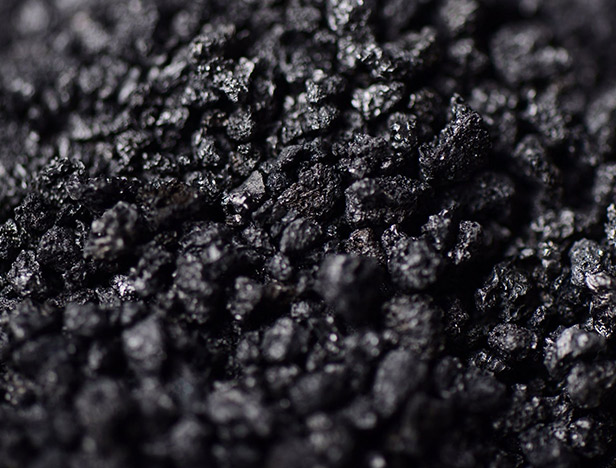
Most of the petroleum coke produced in China is low-sulfur coke, which is mainly used in aluminum smelting and graphite manufacturing. Additionally, it is mainly used to produce carbon products such as graphite electrodes and anode arcs, which serve the needs of steelmaking, non-ferrous metal processing, and aluminum smelting. It is also used to produce silicon carbide products, including various grinding wheels, emery cloth, and sandpaper. Moreover, it can be used to produce commercial calcium carbide for manufacturing products like synthetic fibers and acetylene. Furthermore, it can be used as a fuel; however, when used as fuel, it must be ultra-finely ground by large industrial mills into coke powder before combustion. The main users of coke powder as fuel are glass factories, coal-water slurry plants, and similar enterprises.
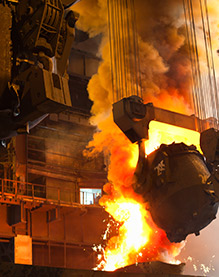
Metallurgical Industry
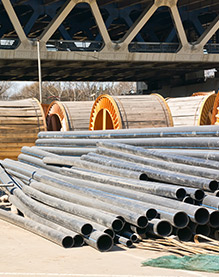
Building Materials
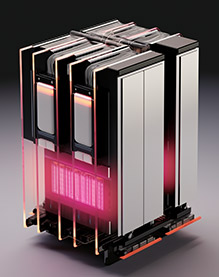
Graphite and Carbon Products Industry
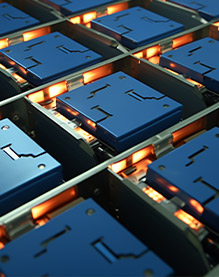
Battery Materials
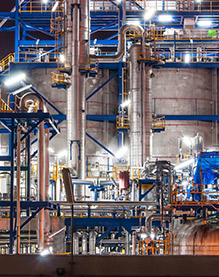
Chemical Industry

Other Industries
In today's industrial field, petroleum coke grinding technology is gradually emerging, demonstrating its unique charm and irreplaceability. As an important industrial raw material, petroleum coke, after being processed through pulverization technology, has brought new development opportunities and broad application prospects to many industries.
Petroleum coke pulverization is a process that converts petroleum coke into powder through a series of processing steps such as crushing and grinding. During the grinding process, parameters like grinding time, speed, and temperature need to be strictly controlled to ensure the quality and performance of the petroleum coke powder.
With the continuous enhancement of environmental awareness and the increasing stringency of environmental policies, the environmental requirements for the petroleum coke grinding process are becoming increasingly strict. In the future, petroleum coke grinding enterprises need to increase their investment in environmental protection and adopt more advanced environmental protection technologies and equipment to reduce environmental pollution.
During the petroleum coke grinding process, professional pulverizing equipment and technologies are required to ensure that petroleum coke is fully ground to meet the required particle size and quality standards.
As a pioneer in the industrial pulverization sector, SBM has built an intelligent full-process equipment system covering crushing, grinding, classification, and dust collection, relying on nearly four decades of technological accumulation. It also provides customized solutions for the petroleum coke grinding industry chain.
Leave your information below to get customized
solutions and free quote!